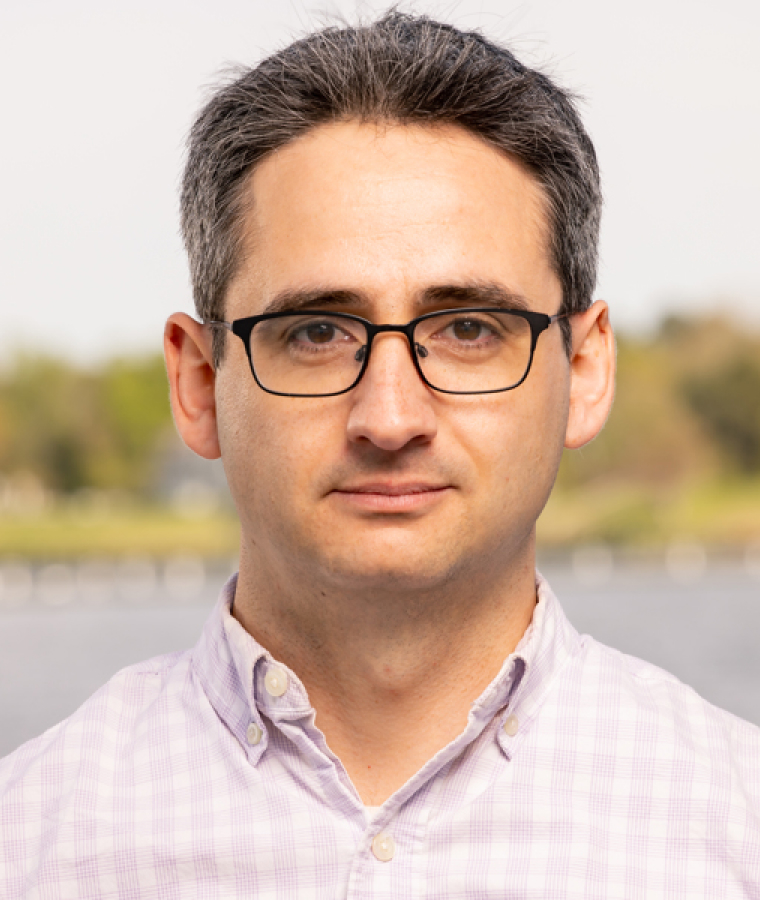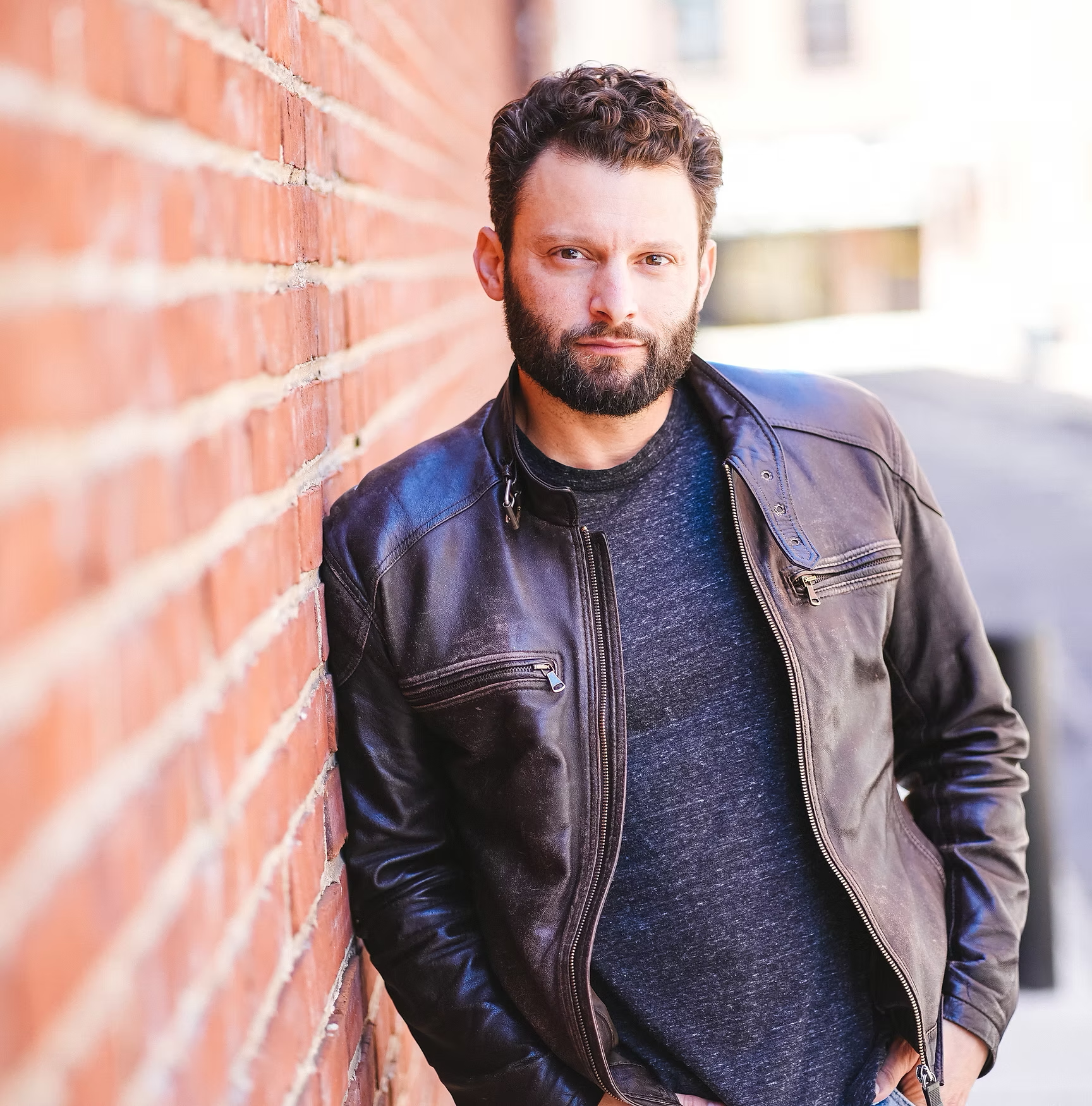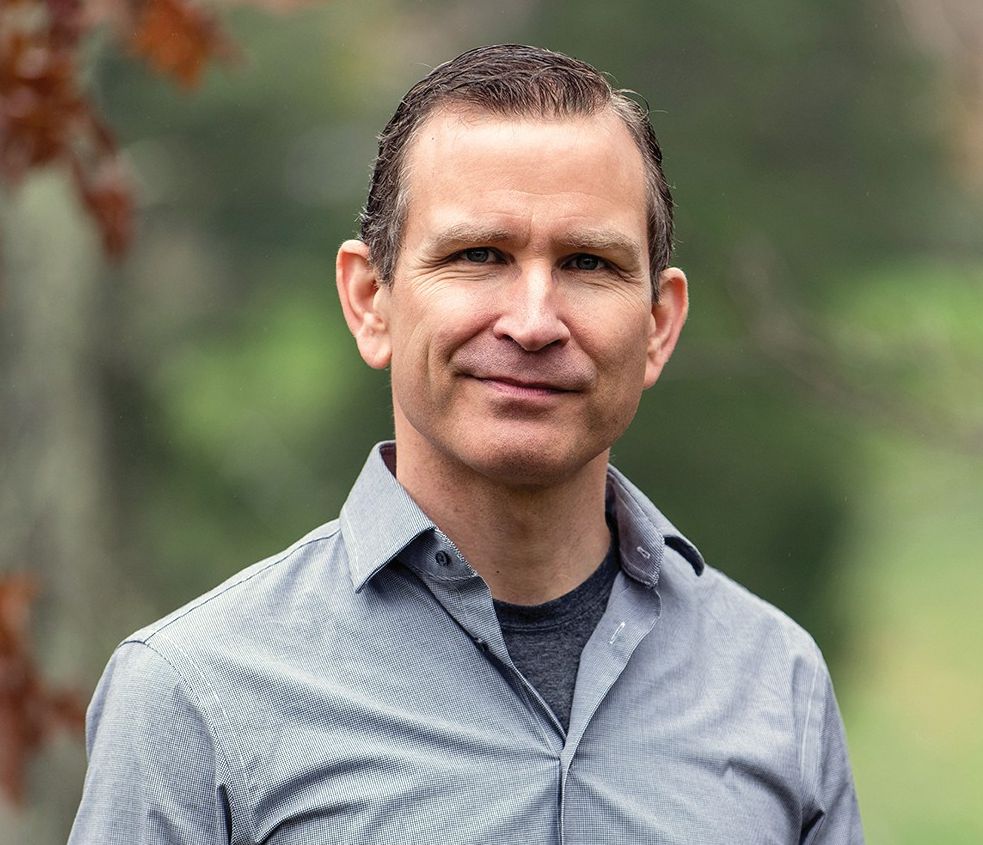Matt Duss, a former advisor to Bernie Sanders, is a leading figure in progressive foreign policy. On this episode of The World Unpacked, Matt lays out a global vision based on solidarity and harm reduction.
Jon Bateman, Matthew Duss
The Middle East and North Africa region is witnessing a fierce competition among the world’s current “great powers”—the U.S., Russia, and China. Director of the Carnegie Middle East Program Amr Hamzawy joins Sophia to discuss the current state and future of great power competition in the region.
The Middle East and North Africa region is witnessing a fierce competition among the world’s current “great powers”—the U.S., Russia, and China. These three countries are all seeking to extend their influence in this region. But the ways they're engaging—with varying degrees of success—are as complex as the region itself.
This week on the show, Sophia digs into the data with Amr Hamzawy, a senior fellow and the director of the Carnegie Middle East Program. Trade and foreign direct investment, arms exports and military deployments – they all tell a story of shifting alliances, economic competition, and strategic maneuvering, and they raise important questions about how the US, China and Russia are shaping the future of the region.
Is American dominance in the region fading? What do Chinese and Russian spheres of influence look like? And how are the countries of the Middle East and North Africa navigating the complex web of great power competition?
Carnegie does not take institutional positions on public policy issues; the views represented herein are those of the author(s) and do not necessarily reflect the views of Carnegie, its staff, or its trustees.
Matt Duss, a former advisor to Bernie Sanders, is a leading figure in progressive foreign policy. On this episode of The World Unpacked, Matt lays out a global vision based on solidarity and harm reduction.


Jon Bateman, Matthew Duss
Oren Cass is driving these debates as one of the most influential conservative thinkers of the Trump era. Cutting against traditional GOP orthodoxy, he has long argued for more tariffs, trade barriers, and worker protections—anticipating and influencing many of Trump’s policies. Oren joined Jon Bateman on The World Unpacked to explore the China shock, AI disruption, and Alexander Hamilton.


Jon Bateman, Oren Cass
The Paveway bomb, invented by Texas Instruments in the 1970s, was the first truly precise munition. It revolutionized America’s air campaign in Vietnam and allowed whole new kinds of “limited” U.S. wars in Libya, Iraq, Serbia, and beyond.


Jon Bateman, Jeffrey E. Stern


Jon Bateman, Bruce Friedrich
Steve Feldstein, a leading expert on technology and warfare, joined Jon Bateman on The World Unpacked to break down these trends. Are drones helping defenders deter aggression, or enabling attackers to slaughter more civilians? Why haven’t we seen full autonomy? And has the U.S. fallen behind in the weapon class that it first pioneered?


Jon Bateman, Steve Feldstein